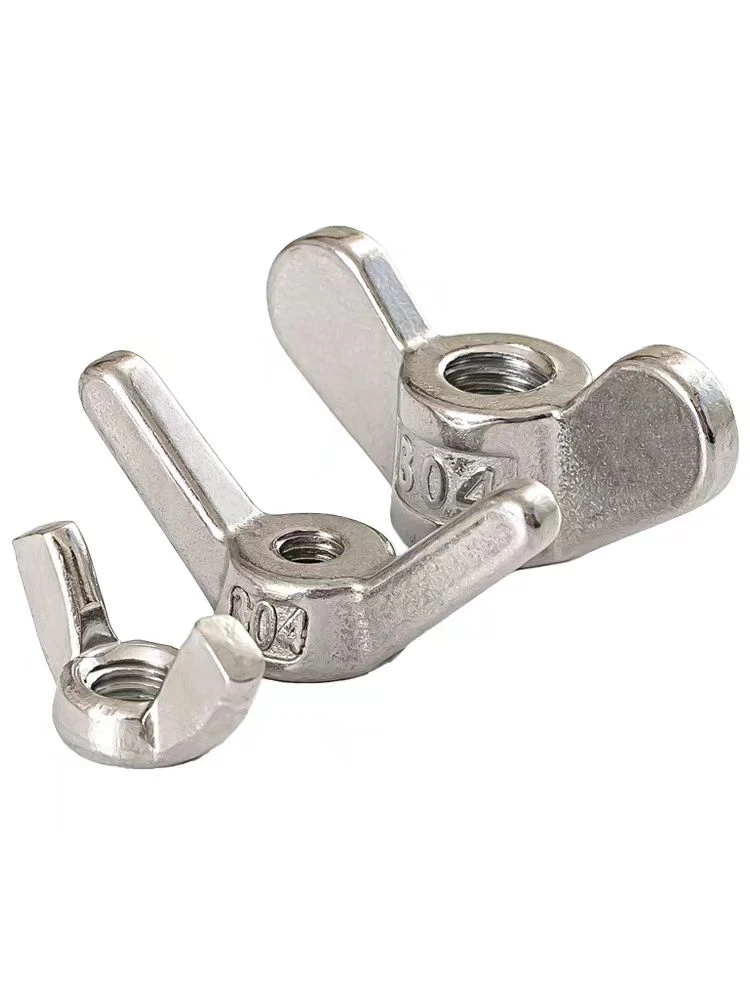

flat washers 304 stainless steel
ное. . 15, 2024 12:07 Back to list
flat washers 304 stainless steel
Flat Washers The Versatile Choice for 304 Stainless Steel Applications
Flat washers are essential components in various industries, providing a simple yet effective means of distributing loads, reducing friction, and preventing damage to the surfaces being fastened. Among the many materials available for washers, 304 stainless steel stands out for its impressive combination of strength, corrosion resistance, and aesthetic appeal. This article explores the features, benefits, and applications of flat washers made from 304 stainless steel.
Understanding 304 Stainless Steel
304 stainless steel is a widely used alloy that contains approximately 18% chromium and 8% nickel. This combination provides excellent corrosion resistance, making it suitable for various environments, including marine and industrial settings. Additionally, 304 stainless steel offers good weldability and formability, allowing it to be easily manufactured into flat washers of various sizes and specifications.
The Role of Flat Washers
Flat washers serve multiple purposes in mechanical systems. Primarily, they are used to distribute the load of a nut or bolt over a larger area, which helps to prevent damage to the surface of the material being fastened. By creating a larger bearing surface, flat washers also reduce the likelihood of the fastener loosening due to vibration and movement, which is particularly important in applications such as construction and automotive industries.
Further, flat washers help to prevent galling—a form of wear caused by friction—by acting as a barrier between the fastener and the surface it contacts. This protective function is especially crucial in scenarios where stainless steel components are used together, as the risk of galling is higher.
Benefits of 304 Stainless Steel Flat Washers
1. Corrosion Resistance The primary benefit of 304 stainless steel flat washers is their ability to resist rust and corrosion. This makes them ideal for outdoor applications or in environments with moisture, chemicals, and extreme temperatures.
flat washers 304 stainless steel

2. Durability Flat washers made from 304 stainless steel are durable and can withstand significant loads and pressures without deforming. This characteristic ensures a long service life, reducing the need for frequent replacements.
3. Aesthetic Appeal The shiny, polished surface of 304 stainless steel gives these washers an attractive appearance, making them suitable for visible applications where aesthetics are important, such as in architectural designs.
4. Versatility 304 stainless steel flat washers are available in various sizes and thicknesses, allowing engineers and builders to select the appropriate washer for their specific needs. This versatility extends to applications in automotive, marine, construction, and machinery sectors.
5. Cost-Effective While 304 stainless steel may have a higher initial cost compared to other materials, its long-term durability and resistance to corrosion often lead to lower maintenance costs and extended service intervals.
Applications in Various Industries
Flat washers made from 304 stainless steel are ubiquitous across multiple industries. In the automotive sector, they are frequently used to secure components in vehicles, providing stability in high-vibration environments. In construction, they serve crucial roles in fastening steel beams and connecting structural elements, ensuring safety and integrity.
The marine industry also benefits from these washers, as they can withstand harsh sea conditions without succumbing to rust or corrosion. For electrical applications, 304 stainless steel flat washers provide reliable insulation and grounding characteristics.
Conclusion
In conclusion, 304 stainless steel flat washers are indispensable components that bring multiple advantages to various applications. Their remarkable corrosion resistance, durability, and aesthetic appeal make them an excellent choice for industries ranging from automotive to construction and beyond. By selecting the right flat washer, engineers and manufacturers can enhance the reliability and safety of their products, showcasing the importance of this often-overlooked fastening element.
Latest news
-
Premium Self Tapping Metal Screws: Strong & Easy Install
NewsAug.02,2025
-
Premium Fasteners Manufacturer | AI-Driven Solutions
NewsAug.01,2025
-
Hot Dip Galvanized Bolts - Hebei Longze | High Strength, Corrosion Resistance
NewsAug.01,2025
-
High-Strength Hot Dip Galvanized Bolts - LongZe | Corrosion Resistance, Custom Sizes
NewsAug.01,2025
-
Best Self Tapping Screws for Drywall - Fast & Secure Installation
NewsJul.31,2025
-
High-Strength Hot Dip Galvanized Bolts-Hebei Longze|Corrosion Resistance&Customization
NewsJul.31,2025

